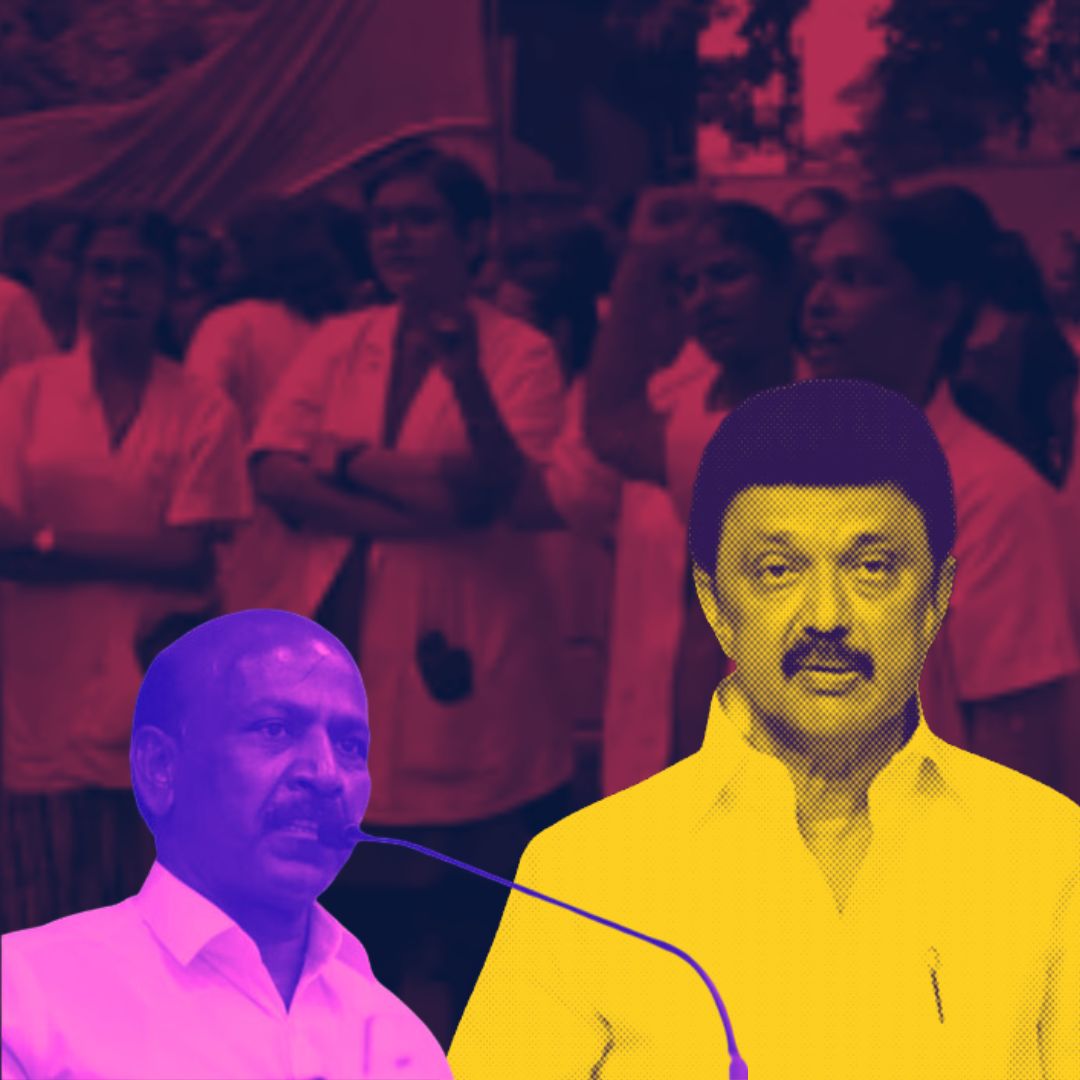Following a violent incident involving a government oncologist in Chennai, Tamil Nadu’s Health Minister Ma Subramanian announced the introduction of metal detectors and bag scanners in select government hospitals as a pilot project. This decision comes after widespread protests by doctors demanding better safety measures. The minister also confirmed that police security will be enhanced across all hospitals, including the establishment of outposts and the implementation of a colour-coded tagging system for patient attendants to improve safety and monitoring.
Enhanced Security Measures for Healthcare Professionals
In response to the stabbing of Dr. Balaji Jegannathan at the Kalaignar Centenary Super Specialty Hospital, Health Minister Ma Subramanian outlined a series of security upgrades aimed at safeguarding medical staff. During a press conference on November 14, he stated that the new measures would include metal detectors and bag screening facilities, initially rolled out in one or two hospitals to assess their effectiveness. Subramanian emphasized the urgency of these measures, declaring, “What happened today to the government doctor is unacceptable,” and assured that police would take legal action against the assailant, who has been remanded to judicial custody.
Background on Recent Events
The push for enhanced security arises from a recent attack where Dr. Jegannathan was stabbed by a patient’s son during an outpatient consultation. This incident has reignited concerns over the safety of healthcare professionals in Tamil Nadu, prompting protests from various doctors’ associations across the state. In addition to metal detectors, Subramanian announced the implementation of a colour-coded tag system for patient attendants to streamline visitor management and enhance security protocols within hospitals. This system is expected to help identify patient visitors more effectively and reduce overcrowding, which can contribute to tensions in hospital settings.
News in Q&A
1. What prompted the introduction of metal detectors and bag scanners in Tamil Nadu government hospitals?
The decision to implement metal detectors and bag scanners was prompted by a violent incident in which Dr. Balaji Jegannathan, an oncologist at the Kalaignar Centenary Super Specialty Hospital in Chennai, was stabbed by a patient’s son. This attack highlighted the urgent need for enhanced security measures to protect healthcare professionals.
2. What specific measures will be taken to improve security in hospitals?
In addition to metal detectors and bag scanners, the Tamil Nadu Health Minister Ma Subramanian announced that police presence will be increased across all government hospitals. This includes establishing police outposts and introducing a colour-coded tagging system for patient attendants to better manage visitor access and enhance overall safety.
3. How have healthcare professionals responded to this situation?
Healthcare professionals, particularly doctors in Tamil Nadu, have expressed their concerns through protests demanding better safety measures. The recent attack has intensified calls for action to ensure a secure working environment for medical staff, reflecting widespread anxiety about their safety while on duty.
4. What are the expected outcomes of these new security measures?
The expected outcomes of implementing these security measures include a safer environment for healthcare workers, reduced incidents of violence, and improved management of hospital visitors. The pilot project will initially test the effectiveness of these measures in one or two hospitals before broader implementation.
5. How is the government addressing the legal aspects following the attack on Dr. Jegannathan?
Following the stabbing incident, the assailant has been arrested and remanded to judicial custody. The Health Minister assured that legal actions would be pursued against the attacker, reinforcing the government’s commitment to ensuring justice and accountability in such cases.
The Logical Indian’s Perspective
The Logical Indian stands firmly in support of these initiatives aimed at improving safety for healthcare workers, recognising their critical role in society. The recent attack highlights an alarming trend that must be addressed with urgency and compassion. We advocate for a healthcare environment where professionals can perform their duties without fear of violence. As we reflect on these developments, we invite our readers to consider: What further steps do you believe should be taken to ensure the safety of our healthcare workers?











